How's Life in Paradise?
12 21 Share TweetSince I arrived in French Polynesia in July 2009, perhaps it’s the most frequent question I heard from my family, friends, and people I left in Europe. How do I answer this question precisely and honestly? I will try to do this now…

“How is life in Paradise”? This question seems simple and has already a ready answer for it. It is expected that you answer “it’s just perfect” as it seems impossible that the life in paradise could be “not perfect”. But is it really paradise?
Well, it’s perhaps difficult to explain, but in fact the life on an island in the middle of the pacific ocean is a pretty normal and ordinary life, with some great and beautiful aspects, but also with some negative aspects… let’s review these 2 faces of paradise…

On the bright side, and it’s obvious to everyone, there is of course a beautiful landscape, with amazing colors of nature and water, the beauty of the islands and all aspects which contribute to build the image of what we call “paradise”.
Of course, we enjoy a lot to live in such a place, to have a life in strong contact with nature and the sea: windsurfing, diving, going out on the lagoon with our kayak, etc… all this is so great and we love it! To be able to visit other countries of the world around the pacific is also a great opportunity by living here.

And there’s also something very pleasant about the rhythm of life here: no hurry and no stress ever! People are peaceful, quiet, and patient about everything, and that’s a great lesson for us, people from the northern hemisphere which are obsessed with time and speed.
There is a lot to learn about simplicity of life and to be able to accept it. You are not diverted by the Western way of living and thus, simply and truly confronted to yourself. So, you learn to live with yourself and also to share this simplicity in your couple. We were warned when we arrived here, that a lot of couples coming here together are leaving it alone or separately, as the life here does not allow you to lie to yourself on a relationship. If you’re not really happy together, the life on the island will not arrange this and there’s nothing else to help it. On the contrary, if you’re still happy together here, it shows how strong and honest this relationship is! For us, we are both very happy together, and our almost 2 years stay here has strengthen our couple and our love. And that’s happiness of course! All this contributes to the bright side of paradise! :)

But the image of the “paradise” is not always true and has a historical and cultural background (Caution: here’s the History teacher speaking, haha!).
This mythical image of “paradise” was build from the 18th century until today, by the first navigators discovering these islands (among them, Samuel Wallis, Antoine de Bougainville and James Cook which were the first to “discover” Tahiti in the years 1767-1769) and who related the story of an amazing place where the people lived in nature and peace in one of the most beautiful places on earth.
Well, this wasn’t false, but wasn’t exactly true either, as these European navigators just saw in these islands what they wanted to see. They didn’t consider the violent aspects of Polynesian society and the very severe and strict social hierarchy that was common there.
Later, in the 19th century, a painter like Paul Gauguin contributed to spread this image of paradise by his paintings of Tahiti and the Marquesas islands.
I won’t go further in these historical aspects (but you can read the writings of Bougainville or Cook describing the Polynesian society or look at Gauguin’s paintings). It’s just to explain that we have, as Western people, a “pre-constructed” image of what is a “paradise” and that the reality is not absolutely true, even if some aspects of this “paradise” are existing for real! Complicated, isn’t it?

To be clear enough, I’d like to say that sometimes, life on a little island isn’t easy and that we’d like to be elsewhere and can’t stand it anymore on this little island! We have the feeling to be in a kind of golden prison: the space is very limited on this small island (170 km2), and the other islands need a (very expensive) flight to go there (and there aren’t any ferries or boats to reach them, beside expensive cruising ships). So you can feel oppressed by this very limited peace of earth surrounded by the infinite huge ocean.
And what’s strange here is that our mood is very changing: we can be sometimes totally filled with euphoria and find our life on this island as the most beautiful life ever, and feel a strong happiness. The day after, we’re feeling empty, tired, fed up with everything and and want to leave this place. We first worried about these quick and important changing moods, but soon, other colleagues coming from Europe told us that it was the same for almost everyone living here and not born on an island. This mood variation apparently comes from the strong influence of the sea and atmospheric pressure surrounding us.
In a way, such mood variations can happen anywhere in the world, but are apparently stronger on a little island!. The Polynesian even have a word for this feeling: it’s the “Fiu” (pronounce like “few”) and my students often use it when they don’t want to work (that means almost every day)!

And after some time here, you get used to the place and with the work, a kind of ordinary daily routine starts taking place, like everywhere else. Thus, you don’t see the beauty of the place anymore; you see it as an ordinary place you see every day. When some visitors, friends or family come for a visit, they remind us how extraordinary the place is, and it’s important they tell us that when we don’t see the place that way anymore.
Another point is about the social life: to be honest, there are not much things happening in the social life here. As soon as the night comes (around 6:00 pm), people are used to stay at home and don’t like to go out. So, no real nightlife. The same for culture and entertainment…. almost nothing to do in this area.

And there’s also the problem about nature and environment: trash and how to treat it. When you’re a tourist, you always will see the bright side of the island, but never the real situation. Nature is beautiful but is suffering a lot. As the Tahitian society have following the Western way of life more and more, they tend to consume more and more “modern” products. The problem with these products is that they generate a lot of trash (mostly plastic) which aren’t not always easy to recycle, and if they are recyclable, that needs a lot of equipment and costs a lot.
French Polynesia is lacking those recycling equipment and so a lot of trash simply lands in the nature. People here used to put all their trash in the nature, and as long as the traditional way of living was important, that didn’t matter as every product came from the nature (fruits, vegetables, coconuts, wood, leaves, etc.) and was recycled automatically by the nature itself. Today, the products have changed, but the people tend to behave like before and throw a lot of things in the nature. Living directly at the sea, there isn’t a day where we don’t pick up plastic bottles and plastic bags in the lagoon. And it’s common to discover some savage trash sites somewhere in the nature. :(
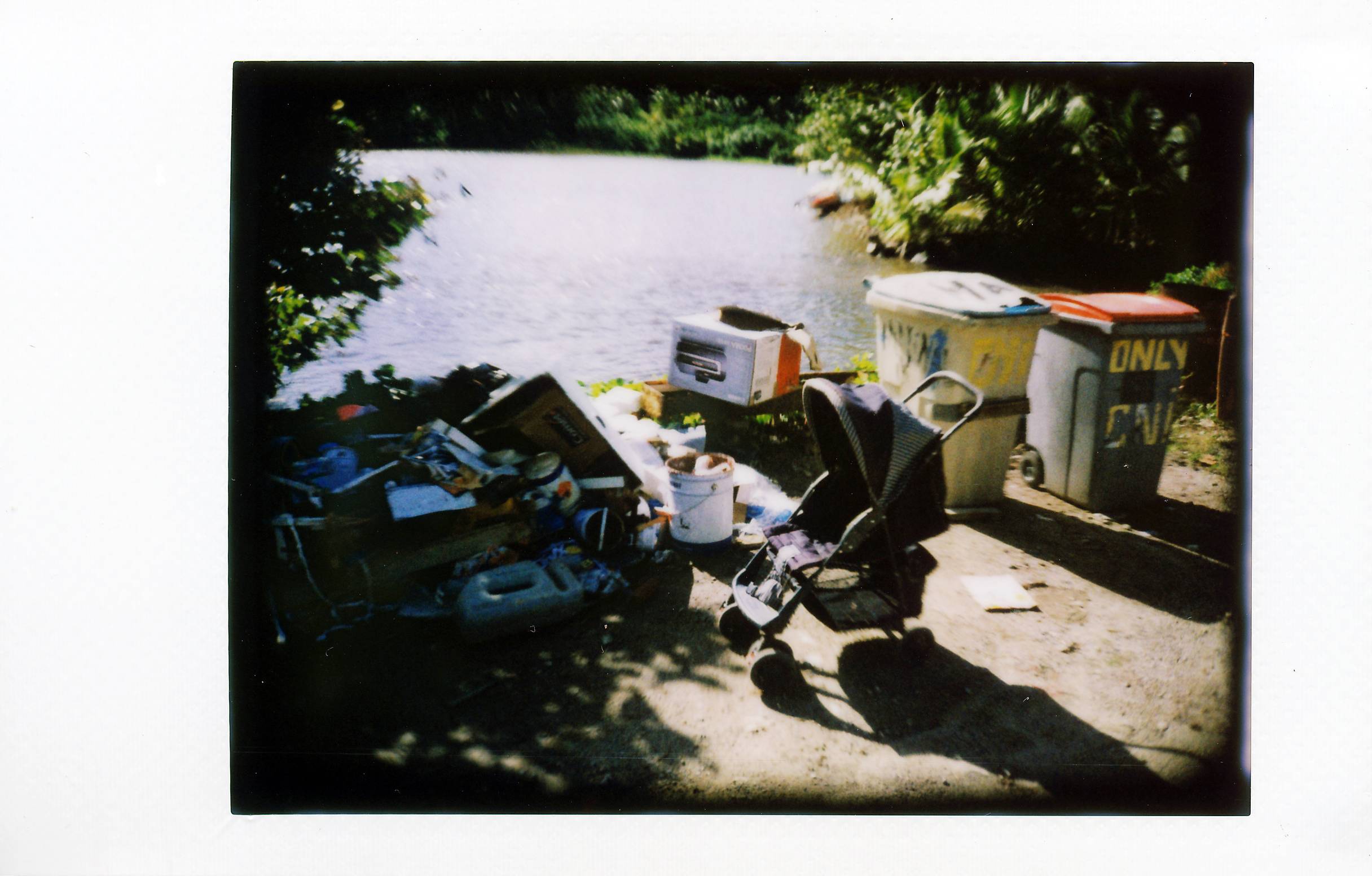
And a last thing about the weather: you don’t always see the perfect sunny paradise-like image you have in mind. Of course, this beautiful weather happens regularly, but it’s also raining A LOT, especially during the rainy season (October-March) and it’s raining a bit less in the “winter season” (April-September). So you sometimes can’t go out because of the heavy rainfall, especially during the hurricane season (January-February). My sister was so unlucky during her visit here last year in February: on a 2-week stay, she had only 1 day of sun. She was kind of disappointed!
And I sometimes hear some tourists who are really disappointed with their stay on Raiatea as it is not the image of paradise they had in mind (for example, there aren’t any white sand beaches directly on the island, you must go to the coral reef on the little sand islands called “motu”). You should not come here with strong expectations and imaginations about what you want to see, and just accept what you see even if it’s not what you imagined.
Well, don’t get me wrong: I don’t complain about my life here, absolutely not! We’re both very happy to be here and enjoy it. But I wanted to point out that “life in paradise” is in fact an almost normal life, with its good and bad sides. It’s perhaps hard to believe, but you must distinguish the cultural “image” of paradise you can have in your mind and what can be the real life on a little island: it’s just a human life, like in other places around the world! :))
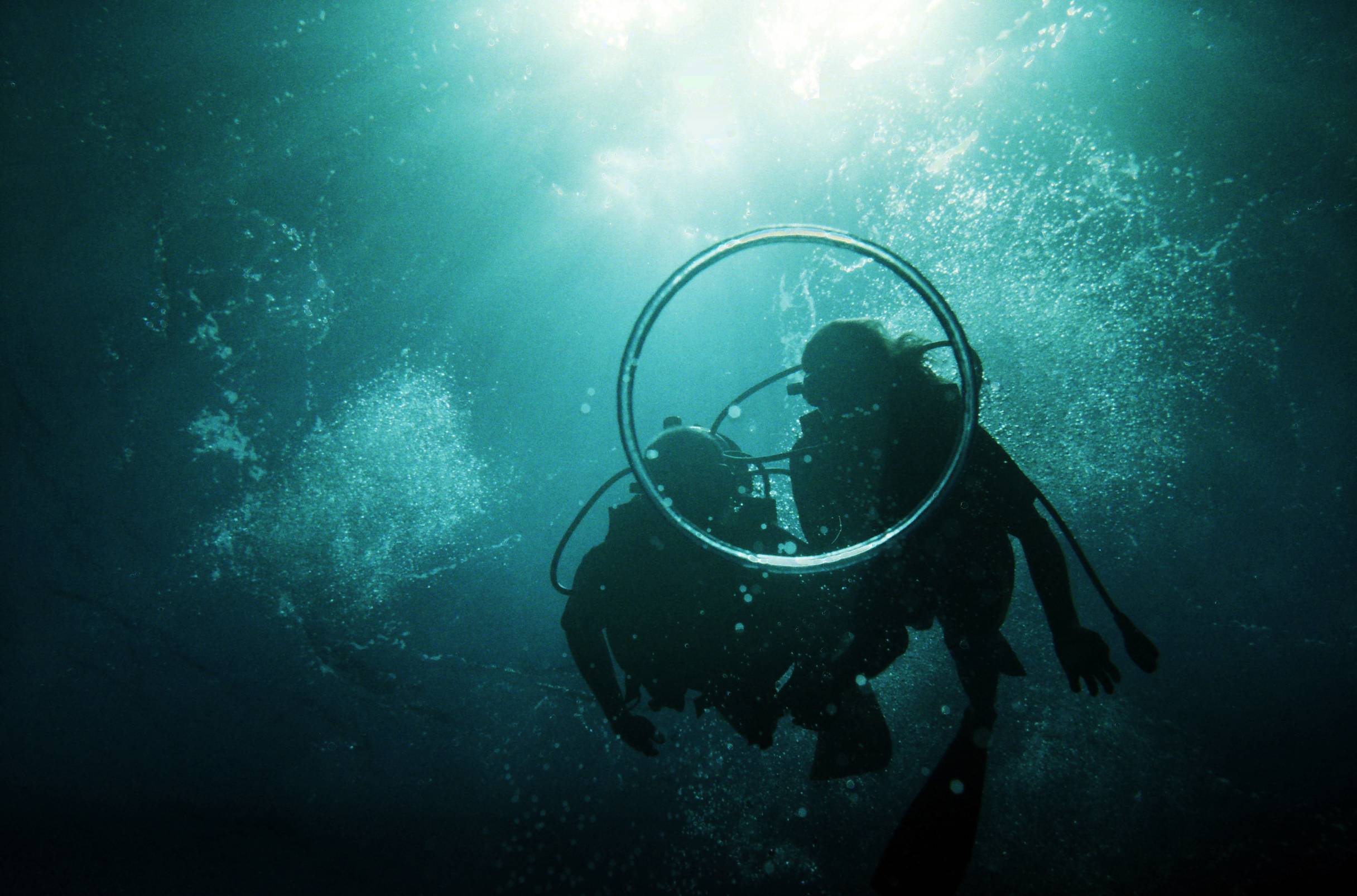
Note: This was previously a blog entry on my home, but I thought it could be an interesting “Analogue Lifestyle” entry in the magazine. Sorry if you already read it…. but it’s slightly modified though! ;)
écrit par vicuna le 2011-07-04 dans #lifestyle #island #analogue #happiness #beauty #life #paradise #beach #lomography #real-life #analogue-lifestyle




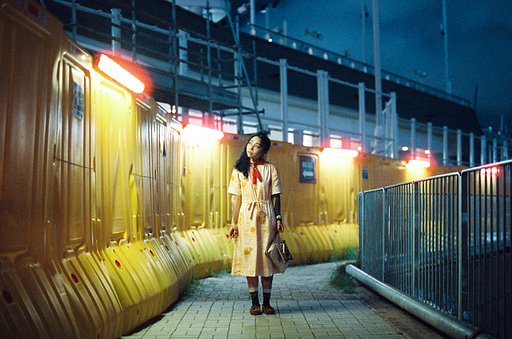


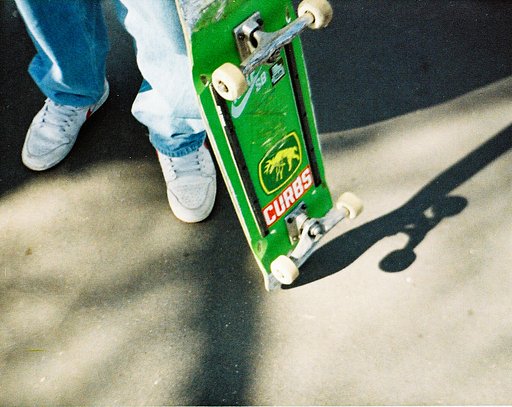


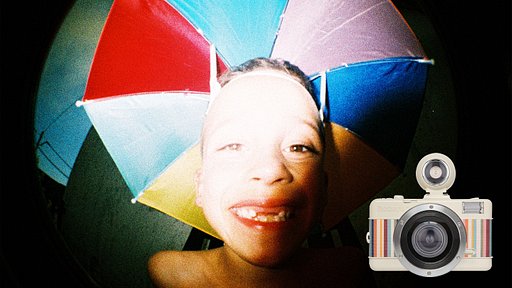
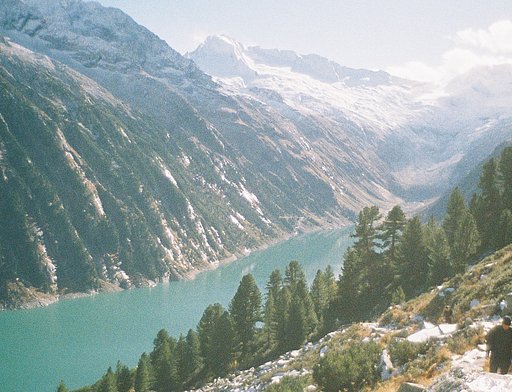



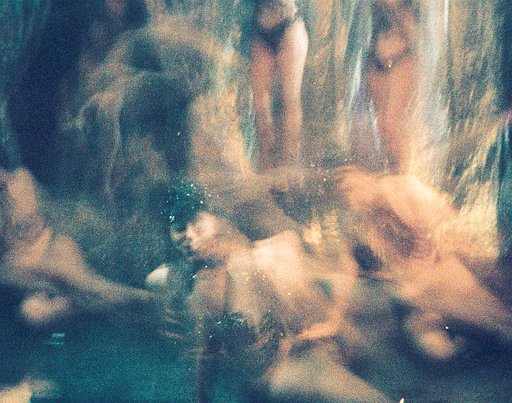
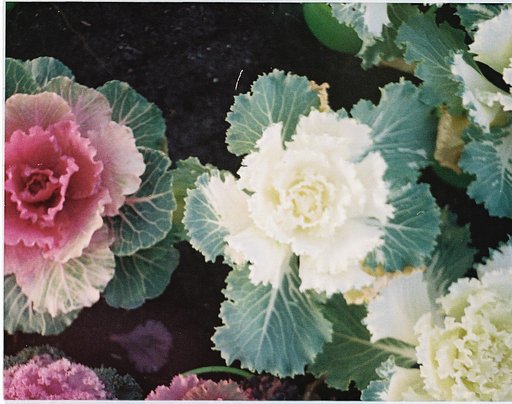
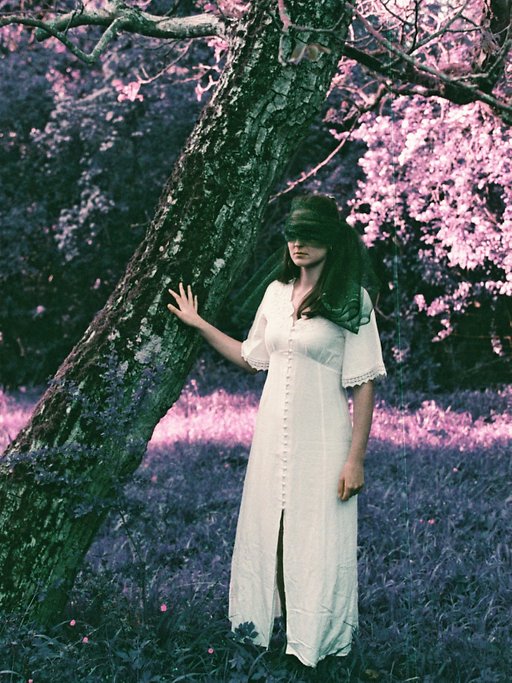
12 commentaires